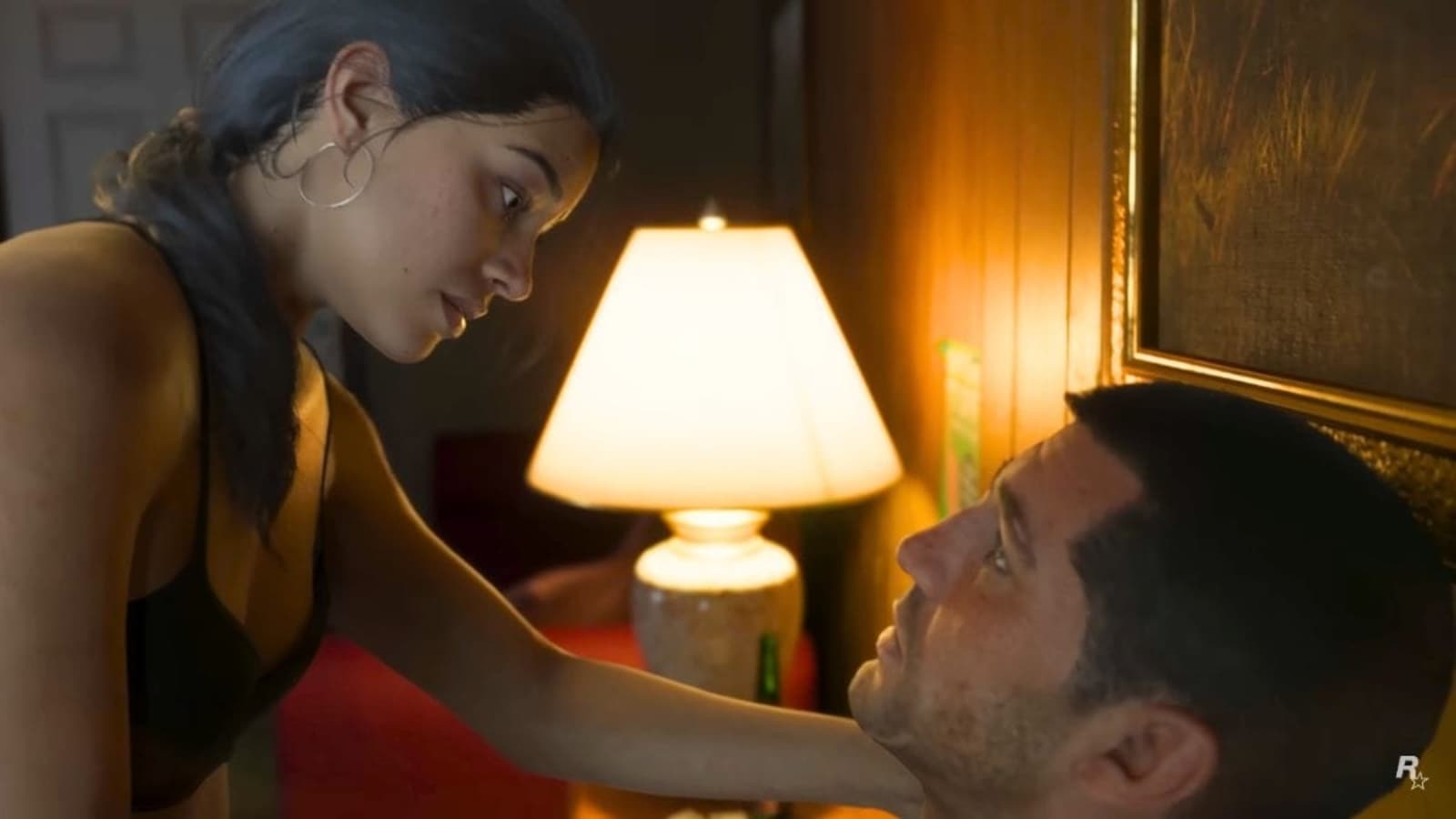How Common Are Covenant Marriages?
“It’s almost like a unicorn, it’s very rare,” said Jessica Welch Williams, a family lawyer and Ms. Pleasant’s law partner in Monroe. “When I got my first one — probably about seven years ago — I asked more seasoned attorneys about what to do, and they were like, ‘Look, it’s rare for me, too.’”
“I had maybe five clients this year with covenant marriages,” said Melissa Benson, a family law lawyer with a private practice in Phoenix. “It is a very, very small percentage.”
In Maricopa County, the most populous county in Arizona, only 963 covenant marriage licenses have been recorded in the last five years out of 119,270 total licenses. And according to the Arkansas Department of Health, only 242 covenant marriages from the entire state have been registered in the last five years.
Why Get Into a Covenant Marriage?
“The only people I have ever seen get one were all tied to some very close, religious-based community, so I think it’s faith-driven,” said Mr. Suba, who estimates he worked on five covenant marriage cases this year out of a total of 100 clients. “I think people think it makes their marriage more serious. It shows you are just super, super committed to each other.”
Ms. Benson agreed, saying, “I think people wanted a way to say, ‘Our value is that this marriage is going to last forever, and we are only going to get divorced if these extreme things occur.’”
Covenant marriages can be especially tricky in situations where one partner wants a divorce for innocuous reasons, but the other doesn’t. “I recently had a client, this man whose wife wanted to divorce him, and he told me he wished he had a covenant marriage,” Ms. Welch Williams said. “He wasn’t religious or anything. He just really, really loved his wife, and he felt if he had this extra time and this counseling, it could save the marriage.”






















